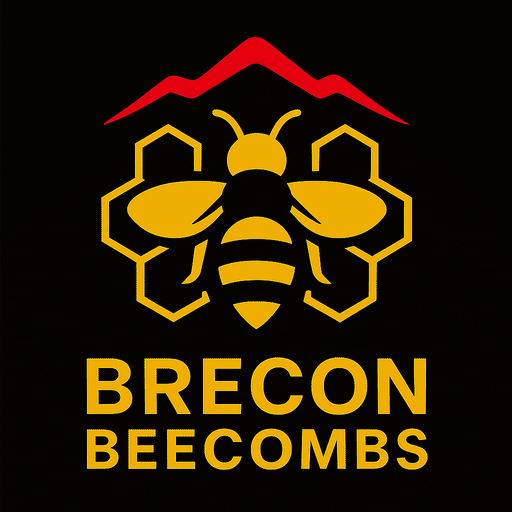Are you fascinated by the buzzing world of bees and considering becoming a beekeeper? Beekeeping is not just a rewarding hobby; it’s a way to contribute positively to our environment. However, it’s essential to go in prepared. Here are some valuable pointers to get you started on the right foot.
1. Understand the Commitment Beekeeping requires time, patience, and a willingness to learn. Before diving in, consider the time you can dedicate to maintaining your hives. It’s not just a summer activity; your bees will need care year-round, from monitoring hive health to managing supplies and harvesting honey.
2. Educate Yourself Before you buy your first hive, invest in your education. Read books, join local beekeeping clubs, and consider taking courses like those offered at Brecon Beecombs. Learning from experienced beekeepers can provide insights that books and videos can’t always offer.
3. Choose the Right Location Your bees will need a safe, calm environment with minimal threats from pesticides and other contaminants. They’ll also need access to plenty of nectar and pollen sources. Consider placing your hives in a location that faces early morning sun to encourage early foraging.
4. Invest in Quality Equipment Starting with the right equipment is crucial. This includes a hive, bee suit, smoker, hive tool, and extractor for harvesting honey. While it’s tempting to go for cheaper options, quality equipment can make beekeeping more enjoyable and safer for both you and your bees.
5. Start with Gentle Bees If you’re a beginner, start with a bee species known for its gentle nature, such as the Italian honey bee. Gentle bees are easier to manage and less likely to sting, making your beekeeping experience more pleasant as you learn.
6. Regular Hive Inspections Once your hives are established, inspect them regularly to check for signs of disease, verify the queen’s health, and ensure that the hive is well-maintained. This will help you catch any issues early before they become serious.
7. Connect with the Beekeeping Community Beekeeping is a community activity. Connecting with other beekeepers can provide support, deepen your knowledge, and enhance your experience. Share tips, get advice, and stay updated on best practices through community engagement. Look up your local Beekeeping association and join their meetings. They will have a lot of invaluable local knowledge for establishing your new bee colony.
Conclusion: Starting your beekeeping journey can be thrilling and a bit daunting, but with the right preparation, it can also be incredibly rewarding. Remember, every beekeeper was once a beginner, and with these pointers, you’re well on your way to becoming a confident and successful beekeeper.

